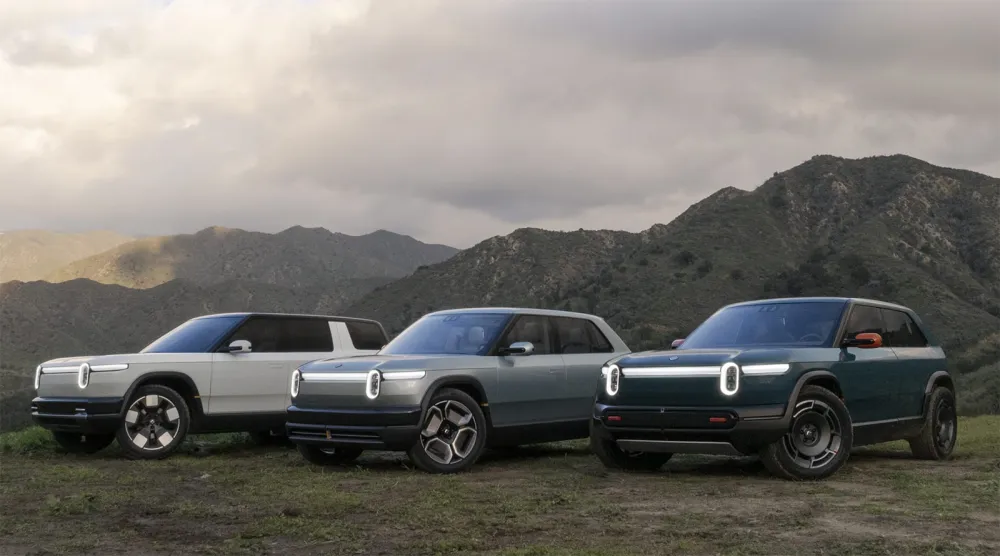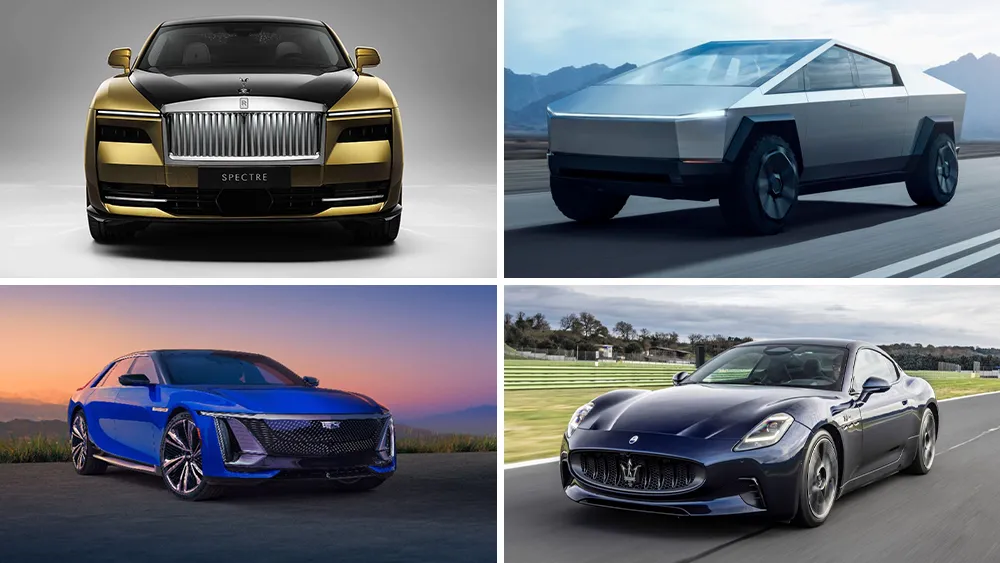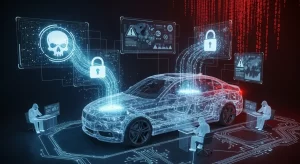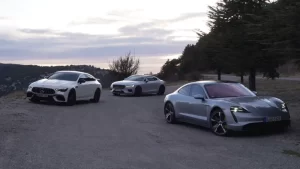Why 2025 Matters in the Auto World
Every year brings new models and fresh technology, but 2025 stands out as a milestone for the automotive industry. Manufacturers are pushing the boundaries of design, performance, and sustainability like never before. Concept cars that once seemed like futuristic showpieces are finally hitting production lines, and consumers are eager to see which ones live up to the hype.
In this article, we’ll review the most-anticipated cars of 2025, examining how they blend innovation with practicality and how they might reshape the market.
1. Tesla Model 2 – Affordable EV for the Masses
For years, Tesla has promised an affordable electric vehicle priced under $30,000. The Tesla Model 2 is expected to deliver on that promise.
-
Performance: Though smaller than the Model 3, it may still offer 200+ miles of range and swift acceleration.
-
Design: Early previews suggest a minimalist hatchback with Tesla’s signature interior styling.
-
Impact: If Tesla delivers on price and range, this model could accelerate EV adoption worldwide.
2. Toyota bZ4X Successor – A Leap in EV Reliability
Toyota’s first mass-market EV, the bZ4X, faced mixed reviews. Its 2025 successor aims to fix past missteps and showcase Toyota’s engineering strength.
-
Battery Improvements: Rumored to feature solid-state technology for faster charging and longer range.
-
Driver Assistance: Enhanced Toyota Safety Sense with semi-autonomous features.
-
Sustainability: Built on Toyota’s commitment to reduce emissions across its fleet.
This model could become a cornerstone in Toyota’s global EV lineup.
3. Ford Mustang Mach-E GT 2025 – Muscle Meets Modern
The Mach-E has already proven that muscle car heritage can adapt to electrification. The 2025 GT edition raises the bar.
-
Power: Reports suggest over 500 horsepower with improved torque for performance enthusiasts.
-
Interior Upgrades: Larger infotainment, improved AR HUD, and premium finishes.
-
Market Position: Aimed squarely at drivers who want EV performance without sacrificing thrill.
By combining muscle car DNA with EV advancements, Ford may redefine what performance driving means.
4. BMW i7 M Performance – Luxury Electrified
BMW is known for blending performance with elegance, and the 2025 i7 M Performance embodies that legacy in electric form.
-
Performance Specs: Dual-motor AWD setup with over 650 horsepower.
-
Luxury Features: State-of-the-art infotainment, rear-seat cinema screens, and advanced driver assistance.
-
Competition: Designed to rival the Mercedes EQS and Tesla Model S Plaid.
The i7 M is more than a luxury car; it’s a statement about how premium brands envision the EV future.
5. Rivian R2 – Compact Adventure EV
Rivian made headlines with the R1T and R1S, but their next big move is the R2, a compact SUV aimed at mainstream buyers.
-
Adventure DNA: Retains Rivian’s off-road capability in a smaller, more affordable package.
-
Affordability: Expected starting price under $40,000.
-
Utility: Smart storage, camp mode, and expandable battery options.
The R2 could be a game-changer for outdoor enthusiasts seeking EV practicality.
6. Hyundai Ioniq 7 – The Family EV SUV
Hyundai continues to impress with its Ioniq series, and the Ioniq 7 brings electrification to the full-size SUV market.
-
Seating & Space: Three rows, family-friendly comfort, and versatile storage.
-
Range: Targeting 300+ miles on a single charge.
-
Tech: Smart AR navigation and AI-powered safety assistance.
With Hyundai’s competitive pricing and strong reputation, the Ioniq 7 might set the benchmark for family EVs.
7. Mercedes-Benz Vision EQXX – Concept Becomes Reality
Once a bold concept, the Mercedes Vision EQXX is finally evolving toward production.
-
Efficiency: Engineered for a record-breaking range of over 600 miles.
-
Lightweight Design: Aerodynamic shape and sustainable materials.
-
Future Focus: Demonstrates Mercedes’ vision for ultra-efficient luxury EVs.
The EQXX shows that efficiency and elegance can coexist in the same vehicle.

What Makes These Cars Stand Out
These 2025 releases are not just new models — they represent shifts in consumer demand and automotive philosophy.
-
Affordability Matters: Tesla Model 2 and Rivian R2 focus on bringing EVs to the mainstream.
-
Performance Is Still King: Ford Mustang Mach-E GT and BMW i7 M Performance prove speed and thrill aren’t sacrificed in electrification.
-
Luxury Evolves: Mercedes EQXX and BMW i7 show how innovation can coexist with elegance.
-
Family First: Hyundai Ioniq 7 highlights the growing demand for EVs that serve households, not just individuals.
Challenges These Models Face
Despite the excitement, challenges remain:
-
Charging Infrastructure: Expanding charging networks is critical for mass adoption.
-
Supply Chain Issues: Battery shortages and material costs may affect pricing.
-
Market Competition: With so many EVs entering the market, standing out will be tough.
Success depends not only on technology but also on execution, pricing, and timing.
Consumer Takeaway: Should You Wait for These Models?
For buyers considering a new car in 2025, these models are worth the wait. Whether you prioritize affordability, performance, or sustainability, the lineup offers something for everyone.
However, buyers should:
-
Research charging availability in their area.
-
Compare incentives and tax credits that reduce upfront costs.
-
Consider long-term resale value as EV markets mature.
Conclusion: The Future Hits the Road in 2025
The year 2025 is shaping up to be one of the most important in automotive history. The cars debuting this year aren’t just vehicles; they’re reflections of where the industry — and society — is headed.
From Tesla’s affordable EV to Mercedes’ ultra-efficient luxury sedan, the most-anticipated cars of 2025 prove that innovation is no longer optional. It’s the engine driving the industry forward.





